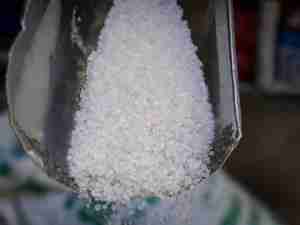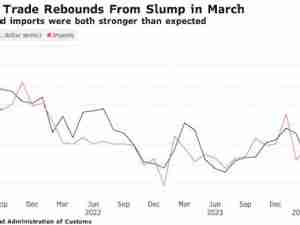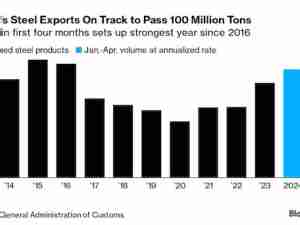US puts Russia on notice in first report on WTO compliance
posted by AJOT | Jun 19 2013 at 08:00 PM | International Trade
The United States, in the first report on Russia's compliance with its World Trade Organization commitments, said it was closely watching Moscow for any violations that thwart U.S. exports to the world's sixth-largest economy.
But in the report required by Congress, the U.S. Trade Representative's Office did not announce any definite plans for litigation at the Geneva-based world trade body.
It also noted an uptick in U.S. exports to Russia that may be partly due to Moscow's nearly 1-year-old WTO membership.
"USTR will continue to monitor Russia's implementation of its WTO commitments to ensure that U.S. stakeholders have the opportunity to benefit from Russia's membership in the WTO," Acting U.S. Trade Representative Miriam Sapiro said in a statement accompanying the report.
The trade office said it was prepared to "use all appropriate tools," ranging from diplomacy to litigation at the WTO, to resolve spats with Russia as they arise.
Russia joined the WTO last August after more than 18 years of on-and-off negotiations on the terms of its entry.
To ensure U.S. companies would benefit from market-opening commitments that Russia was required to make to join the WTO, the U.S.
Congress passed legislation in December establishing "permanent normal trade relations" by lifting a Cold War-era provision known as the Jackson-Vanik amendment. That amendment tied full trade relations with Moscow to the rights of Jews in the former Soviet Union to emigrate freely.
Lawmakers approved the bill after a debate marked by concern that Moscow would not honor commitments it had made to open its market to more U.S. goods and services and to protect U.S. intellectual property rights.
To keep pressure on Moscow, Congress required the USTR to issue a report within six months on its efforts to ensure Russia abides by WTO rules and then to report annually.
This inaugural report lists actions the United States has taken in recent months on a number of trade irritants, including Russian restrictions on U.S. meat imports that Washington says are unjustified under international food safety guidelines.
One Russian measure the United States is working to lift is a ban on meat containing any residue of ractopamine, a feed additive used widely in the U.S. pork industry.
"Russia recently published a purported scientific justification for its measure on ractopamine, and the United States, working in close consultation with U.S. industry and interested stakeholders, is reviewing the information provided by Russia," the report said.
The United States and other WTO members also have "objected strenuously" to a motor vehicle recycling fee that appears to discriminate against foreign auto producers, the report said.
U.S. trade officials have also raised concerns about Russian regulations regarding the storage of alcoholic beverages and an import surge investigation that could lead to Russian duties on U.S. combine harvesters, the report said.
Another potential problem is a leasing program operated by RosAgroLeasing, a state-owned firm, that provides more favorable leasing terms for farm equipment manufactured in Russia than equipment imported from foreign suppliers, it said.
On the bright side, "market-opening changes made by Russia during the course of its WTO accession process may already have brought benefits to U.S. exporters," USTR said.
U.S. exports to Russia increased 29 percent in 2012 from the previous year and rose another 10.5 percent in the first quarter of 2013 compared to the same period last year, it said. (Reuters)









